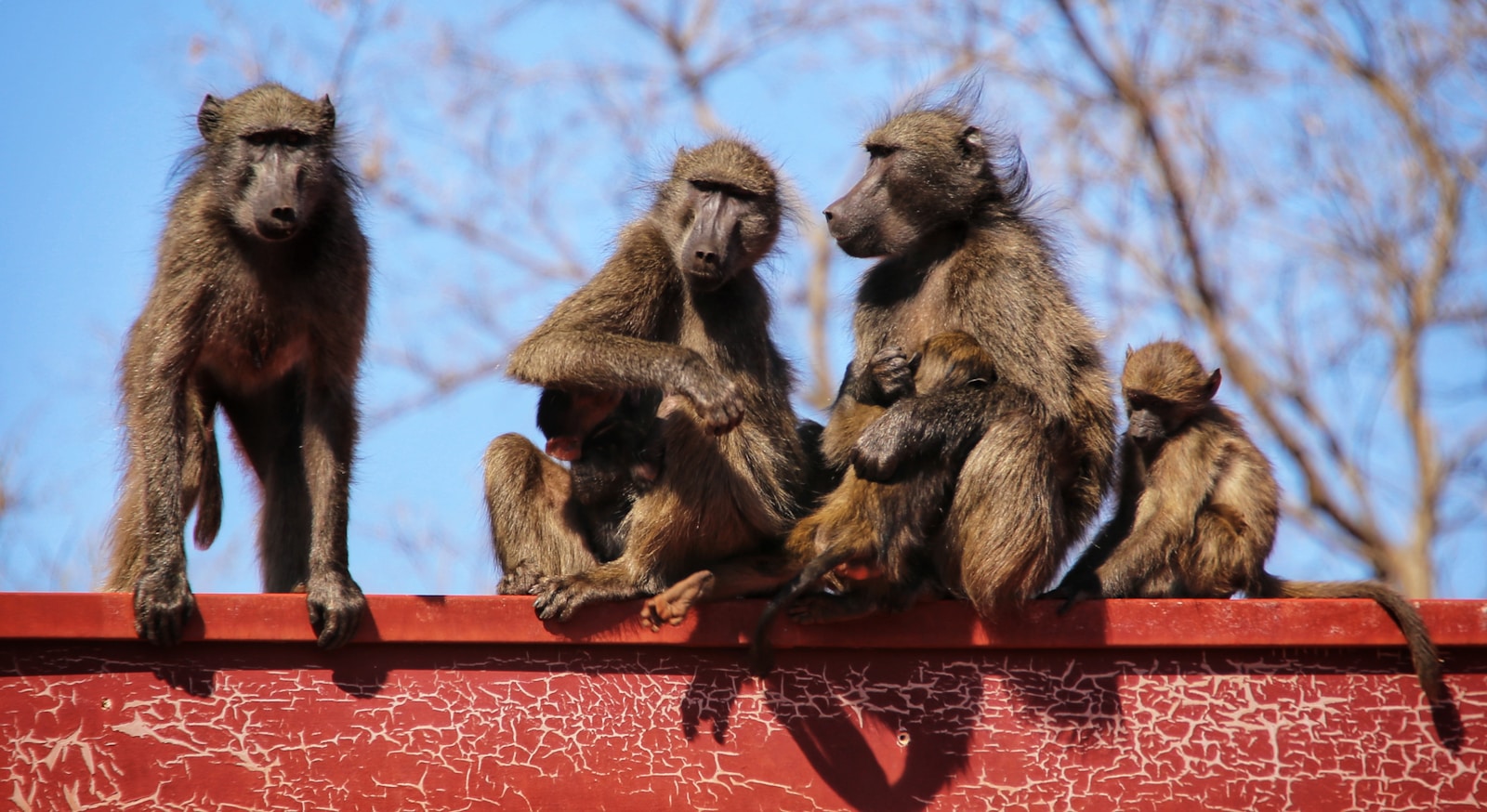Liberia: Journalists Express Concerns Over Government’s Anti-Corruption Efforts
Liberia, a country struggling to overcome its turbulent past, continues to battle corruption at various levels of government. Despite efforts to tackle this persistent issue, the country’s press is raising alarms about the effectiveness of current initiatives. The Press Union of Liberia (PUL), which represents the nation’s journalists, has voiced serious concerns over the transparency and credibility of government-led anti-corruption efforts.
In recent years, Liberia has made several high-profile attempts to confront corruption. However, critics argue that many of these initiatives are not yielding the expected results. The PUL has expressed its dissatisfaction with the government’s approach, claiming that the rhetoric surrounding anti-corruption measures does not translate into real change. Instead, there are growing fears that the issue of corruption continues to plague government institutions, undermining public trust and delaying the country’s development.
The Role of the Press in Fighting Corruption
The Press Union of Liberia has always played a crucial role in the fight against corruption. Journalists in Liberia have been at the forefront of exposing financial mismanagement, unethical practices, and the abuse of power by public officials. The PUL’s concerns highlight a deep frustration within the media community over the lack of substantial progress in combating corruption.
A primary concern for the union is the government’s failure to fully support independent media outlets that investigate and report on corruption. According to the PUL, many journalists face threats and intimidation for their investigative work, and a growing number of media houses are being subjected to political pressure. The PUL argues that a free and independent press is vital for holding government officials accountable and fostering transparency.
Ineffective Anti-Corruption Agencies
One of the major points of contention between the PUL and the government is the functioning of anti-corruption agencies. Liberia has established several bodies tasked with investigating and prosecuting corruption, such as the Liberia Anti-Corruption Commission (LACC). However, these agencies have often been criticized for lacking the necessary resources and political independence to carry out their duties effectively.
The PUL has called for greater investment in these agencies, urging the government to ensure that they have the capacity and autonomy to investigate corruption without interference. The union has also pointed to the lack of accountability for high-ranking officials who are allegedly involved in corrupt practices, noting that many cases are left unresolved or dismissed without adequate scrutiny.
Public Perception and Trust in Government
Public perception of the government’s commitment to tackling corruption remains low. Despite the launch of various anti-corruption campaigns and the establishment of new policies, the reality on the ground suggests that corruption continues to thrive. Surveys and public opinion polls consistently show that Liberians remain skeptical about the government’s sincerity in addressing corruption.
For many citizens, the government’s actions appear to be more about public relations than genuine reform. There is a growing belief that the anti-corruption initiatives are being used to target political opponents or distract from other pressing issues. This perception of selective enforcement and a lack of transparency only fuels public disillusionment.
The Economic and Social Impact of Corruption
Corruption in Liberia has far-reaching consequences that affect nearly every aspect of life in the country. It exacerbates poverty, weakens public services, and stifles economic growth. Foreign investors are often hesitant to engage in a country where corruption is rampant, and resources that should be directed toward development projects are diverted for personal gain.
In addition, the persistent culture of corruption has a negative impact on social trust and cohesion. People are increasingly disillusioned with the government and institutions, leading to a breakdown in community cooperation and a lack of faith in the political system.
The Way Forward: A Call for Genuine Reform
The PUL’s concerns reflect broader frustrations among the Liberian public, who continue to wait for tangible results from the government’s anti-corruption initiatives. The solution lies in a multi-pronged approach that includes strengthening the independence and capacity of anti-corruption bodies, creating a more transparent legal framework, and ensuring that those found guilty of corruption are held accountable, regardless of their political affiliation.
Furthermore, the government must ensure that the media is free from intimidation and pressure, enabling journalists to report on corruption without fear of retribution. Only through a united effort involving the media, civil society, and the international community can Liberia hope to build a truly transparent and accountable government.
Conclusion
As Liberia continues to grapple with the challenges posed by corruption, the need for genuine reform remains critical. The Press Union of Liberia’s concerns serve as a wake-up call for the government to reassess its approach to tackling corruption and take more decisive action. A transparent, accountable government is essential not only for restoring public trust but also for fostering the economic and social progress that Liberia desperately needs. Without real change, the cycle of corruption will persist, hindering the nation’s development and undermining the aspirations of its citizens.
For more news: https://africaheritagevoice.com/
External Links: https://thenewdawnliberia.com/pul-raises-concerns-regarding-corruption-initiatives-at-lacc/




